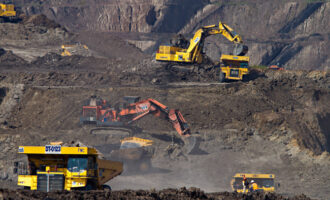
Worldwide Fuel Charter revision is now published
The Worldwide Fuel Charter (WWFC) Committee, on behalf of automobile and engine manufacturers from around the world, has released the 2019 edition of the Worldwide Fuel Charter for Gasoline and Diesel Fuel, 21 years after publishing the first edition.
This sixth edition of the WWFC updates the previous edition in several ways and presents each fuel in its own chapter for easier reading. The gasoline chapter introduces a new Category 6 to address anticipated vehicle and engine regulations for emission control and fuel efficiency in certain major markets.
Also, it introduces new metrics to help reduce particle emissions. Notably, in light of global progress on gasoline quality since the WWFC was first published more than two decades ago, Category 1 gasoline is now considered obsolete as per this edition.
“We have seen great progress in diesel fuel quality around the world, but some regions unfortunately still have unacceptably high sulphur levels, even exceeding 10,000 ppm [parts per million] in some markets. To encourage these regions to bring their fuel quality to cleaner and more modern specifications, we decided to retain Category 1 diesel fuel, but only as guidance to a transitional quality fuel,” the committee said in a statement.
The Committee is serving notice, however, that it intends to retire Category 1 diesel fuel in a future edition. The second change to the diesel fuel specifications appears in Category 5, which has been modified to encourage greater use of alternative and synthetic diesel fuel blends.
In addition to this Charter, the WWFC Committee recently also published the first edition of the Worldwide Fuel Charter for Methane-based Transportation Fuels.
The Worldwide Fuel Charter and Guidelines have two purposes. First, to inform policymakers and other interested parties how fuel quality can significantly affect engine and vehicle operation, durability and emissions performance throughout the year. Second, to promote harmonised fuel quality worldwide in accordance with vehicle, engine and emission control system needs, for the benefit of consumers and the general environment.









